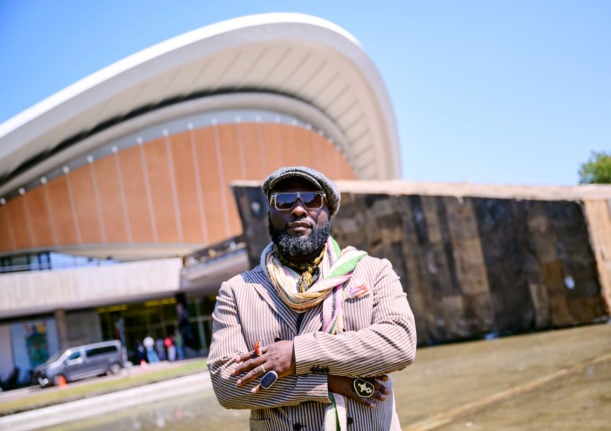Jerusalem-born artist Larissa Sansour said she was told the luxury clothing brand deemed her photo series “too pro-Palestinian”.
The Elysee Museum in Lausanne, Switzerland, had offered €25,000 to the winner of the Lacoste Elysee Prize for a work with the theme of “joie de vivre”.
A jury was set to award the cash to one of eight candidates in January but the museum said this year’s award had been suspended.
“The private partner’s wish to exclude Larissa Sansour, one of the competition candidates, is behind the Elysee Museum’s decision,” the museum said in a statement.
Conceived in the wake of the Palestinian bid for UN recognition, Sansour said her photo series “Nation Estate” “envisions a Palestinian state rising from the ashes of the peace process.”
The artist said she was told by the museum last week that her nomination had been revoked by Lacoste who thought her project, although not directly anti-Israel, was “too pro-Palestinian” for the company to support.
“As a politically involved artist I am no stranger to opposition, but never before have I been censored by the very same people who nominated me in the first place,” said Sansour in a statement.
“Lacoste’s prejudice and censorship puts a major dent in the idea of corporate involvement in the arts. It is deeply worrying.”
The Elysee Museum said its decision reiterated its commitment the “fundamental value” of freedom of expression and that it had offered to exhibit Sansour’s work outside of the competition, which was established in 2010.
Lacoste was not immediately available for comment.


 Please whitelist us to continue reading.
Please whitelist us to continue reading.
Member comments